Supporting Role: Spotlight on Shelley Johnson
PROLOGUE:
I met Shelley when we were both riding in an airport shuttle to the DBC Communications Camp in Napa last March. We were introduced by a mutual friend/colleague and started talking about nutrition research. She had me at “epidemiology”! But seriously, I had been wanting to do a blog post that would include a quick reference sheet for RDs on the different types of research studies. I learned all of those details multiple times, especially in graduate school while I was working on my thesis, and at various nutrition conferences in the 20+ years since then. But I have to admit – it’s hard for me to keep it all straight (and I figured I might not be alone in this). And if I’m not on top of it – how can I translate the research to my clients and also the public during media interviews? Shelley said she had a great resource to share from the beef council and that led to further discussion about her work at NCBA and my past work at the dairy council. I hope you will enjoy learning more about Shelley and her work!
MELISSA: How did you become interested in a career in food and nutrition?
SHELLEY: When I was in HS, I had a lot of girlfriends who were dieting and I thought all their approaches were pretty weird. I wanted to learn more so I could hopefully help them out and knew that becoming a registered dietitian would give me what I’d need to help others with their food choices and eating habits.
MELISSA: I can relate! As a ballet student at a performing arts high school, I saw a lot of crazy things going on and I thought “there has to be someone who can help us with this nutrition stuff!” That experience stayed in the back of my mind as I decided to major in Chemistry in college and eventually transferred to Dietetics.
Tell me about your food/nutrition philosophy – what are you known for?
SHELLEY: In 1997, the National Nutrition Month campaign slogan was “All Foods Can Fit” – I even had the T-shirt – and I have always loved helping people fit their favorite foods into a healthful diet. Even in a clinical setting where I started my career, I was known to be a pretty liberal RD in terms of prescriptive diets for medical nutrition therapy. One of my favorite memories from my clinical years was when I worked in a pediatric diabetes clinic. The kids had such a hard time around Halloween so when I talked about healthy eating for glucose management, we also talked about ways to help them safely enjoy their treats. It especially helped those kids that had a hard time being “different” and their parents were empowered with the information needed to keep both sugars in check and minimize the Halloween candy battle. I also have encountered my fair share of patients whose jobs put them on the road a lot (like business travelers and truck drivers) and who ate nearly all of their meals at a variety of restaurants – many of them fast food. I helped them find options at restaurants that were within their reach so they could feel successful when they went back to work.
MELISSA: I agree – my approach has been similar – wanting to help people enjoy their food with health in mind. Tell me about your job history and how you ended up at the National Cattlemen’s Beef Association.
SHELLEY: We have to get in the ‘wayback machine’ for this one. When I was still a grad student, our program director received a request from the local beef council looking for a nutrition expert that was willing to talk about nutrition during a cooking demonstration at the Working Women’s Survival Show. It was a huge trade show and the cooking demo was on the main stage. I had never met the chef though I did make the dish ahead of time so I’d know what was being presented. It was my job to embellish his demo with nutrition information about beef, the recipe and heart healthy eating. There were no slides and I supplied my own talking points. It was exhilarating! I loved it. I knew some day I would go on to work with a commodity board and have the opportunity to do more nutrition outreach like this. I spent the first years of my career as a consultant RD and clinical nutrition manager gaining experience in a wide variety of clinical and other settings. Helping sick people eat healthfully and practicing medical nutrition therapy is VERY rewarding but the job I get to do now enables me to reach more people with nutrition information in hopes of preventing chronic disease. And I get to work with some of the most talented nutrition and health experts in the country.
MELISSA: Excellent! How exciting. What are you focused on right now?
SHELLEY: It’s taken me a long time to appreciate this, but there are a lot of people out there sharing nutrition advice without the same extensive training registered dietitians have. Having said that, I realize people aren’t going to get all of their nutrition information from registered dietitians, so the best thing I can do is talk to these other professionals and help them become better nutrition communicators. I’ve been enjoying getting to know more fitness professionals lately and hearing what questions their clients ask them about diet and nutrition. I’ve made a lot of new friends and learned so much in the process.
MELISSA: Speaking of nutrition communicators, what types of food and nutrition communications are you engaged in?
SHELLEY: Most of what I do involves sharing beef nutrition info with my nutrition communication peers. I didn’t always work for the Beef Checkoff and I remember what tools and resources I liked to use as a practicing RD. I pull from that background to help identify and create materials about including beef in a healthful diet that my fellow RDs and other nutrition experts will find useful, such as fact sheets on beef’s nutrients.
I also have the opportunity to help out the RD behind our Twitter handle @BeefRD.
Communicating nutrition information in 140 characters is a whole different challenge. Sometimes I get to teach others about beef nutrition through seminars and webinars, like the one we hosted last year on protein and satiety with Drs. Heather Leidy and Christopher Mohr).
One would think that presenting into a phone or a computer would be less nerve-wracking than an audience with hundreds of people but I still get butterflies every time.
MELISSA: Oh, I understand! One time I did a webinar for 400 attendees and the tech guy had not figured out how to “mute” the audience. It felt like a nightmare at the time, but all went well in the end.
I’m so glad you offered this timely webinar (and LOVE the name)! I know Chris Mohr and respect him immensely! I haven’t met Heather Leidy, but she’s at my alma mater MIZZOU so she has to be awesome. I really love all the research about protein, satiety, and weight management. I think it doesn’t get talked about enough. I think some people, such as those with diabetes, can really benefit from balancing their diets with a little more lean protein while they cut back on excess carbs.
What comes naturally for you and what doesn’t when it comes to food and nutrition communications?
SHELLEY: The RD is an expert in food and nutrition (and that means a wide variety of foods) and while my focus right now is talking about beef, it’s hard not to get carried away and talk about all of the ingredients in a beef recipe or the merits of the foods that it goes so well with.
Sometimes I get nervous when I share beef’s nutrition story on behalf of America’s cattle farmers and ranchers – they work so hard to do the very best job to supply us all with amazing food, it’s an important job and I want to do them proud!
I find it easier to have conversations about nutrition than to try to distill a new research study into a short tweet or even an email. I do like writing, but I find it to be so much more formal, when in reality I’d rather just talk about it. Does it get easier to do this in front of a camera or large crowd over time?
MELISSA: Yes, I think practice and experience does make it easier over time, but not necessarily more enjoyable. I talk to lots of RDs who LOVE being on camera while others just never enjoy it, no matter if they are good at it or not. However, whether we enjoy it or not – we need MORE RDs out in the media, having a strong voice in the nutrition conversation!
Please share one experience that either taught you a lot about food and nutrition communications or you think would help other RDs.
SHELLEY: I hear a lot of misinformation about how beef is raised. I am lucky to work with a veterinarian (yes, we have an actual veterinarian on staff) and I usually call him up and get the real answer about the things I hear or read. I can tell he loves talking about raising animals for food and I learn something new every time we talk. I am confident in the people who raise our food and having access to these experts makes me feel even more solid about it. We’re nutrition experts and we LOVE to be asked about food and nutrition. It’s our passion! But there are plenty of other aspects to the food system and there are experts in each of them that like to be treated the same way. I gain so much each time I openly talk with a culinary expert or food production expert. It would be impossible for me to do my job without these folks and it helps me become a better resource. I wish I could say that I have always done this but it was something that I learned along the way in my career.
MELISSA: I had the same experience with dairy. I was so impressed with the dairy farmers, the science, the animal care and the technology. It’s really hard to explain unless you experience it yourself, on the farm, with the farmers and the veterinarians. I think every RD should go on some sort of a farm tour to see for themselves how dedicated farmers are.
What are your top 3 tips for other RDs who want to improve their communication skills?
SHELLEY: A) Observe others. If you like the way someone writes about food or talks about nutrition, read their stuff, watch their clips, etc. B) Practice. It’s like a sport. You won’t get better if you don’t keep trying. As a matter of fact, it’s possible to get rusty if you don’t practice. Last year, the DBC Communications Camp gave me a real shot in the arm! I highly recommend it for all types of RDs. C) Rehearse. No matter how confident you think you are in explaining something, it’s still worth talking it through – out loud!
MELISSA: I agree! The next DBC Camp is in January 2015 and I hope many RDs of all areas of expertise will attend. We need ALL hands on deck so RDs can take over the nutrition conversation from those who are not qualified.
When we first met we talked about nutrition research and epidemiology. Tell me about this resource you’re sharing that will be helpful for RDs.
SHELLEY: During my time with the Beef Checkoff, I have been introduced to many researchers and I work with a very talented group of nutrition experts that lead the beef checkoff’s human nutrition research program. Something that has come up more than once is that we as food and nutrition experts need to continue evaluating the evidence. There is a downloadable brochure on our website called Epidemiology 101 and I like the way it defines various types of nutrition research.
It’s one thing to be able to explain what a study suggests. It’s equally important to understand (and be able to explain) a study’s significance within a body of scientific evidence.
MELISSA: Thank you – I know this resource will be very popular.
On a personal note, I am training for my first triathlon and understand you are well versed in this area.
SHELLEY: I am a “recreational” triathlete and while my professional focus isn’t sports nutrition, I still love chatting up nutrition with my fellow runners on a long training run or bike ride. I can answer a lot of pretty interesting diet (and sometimes digestion) questions on a two hour jog! Here’s a picture of me at my first half-iron distance triathlon, I’m representing Team Beef in Idaho. I didn’t really know at the time what I was getting myself into but you can see that I was taking my hydration seriously enough to wear it on my back!
MELISSA: Excellent! I’m sure I’ll have questions for you! I also understand your husband is in a nutrition-related field….do tell!
SHELLEY: Yes, a little known fact about me is that I married a fellow swimmer who also works in the food industry. My husband, Lee, started his career as a food scientist and his current focus is on food safety and microbiology. His BS is also in nutrition so we are able to have some pretty interesting conversations at the dinner table. I think we know some of the same people and that reminds me what a small world we live in. We host a lot of small dinners at our house and the topic of food and nutrition ALWAYS comes up. I think our dinner guests leave with way more than full bellies.
EPILOGUE:
I’m sure they do! Thank you so much to Shelley for sharing her story and advice for other RDs. Be sure to check out all the excellent beef resources, fact sheets, webinars and more. Contact Shelley with any beef questions at sjohnson@beef.org and let us both know if you have any nutrition communications questions or comments by posting below!
Like what you read here? Hear what other nutrition experts have to say about careers, communication and chasing their dreams. Visit the Directory of Dietitian Interviews and be inspired!

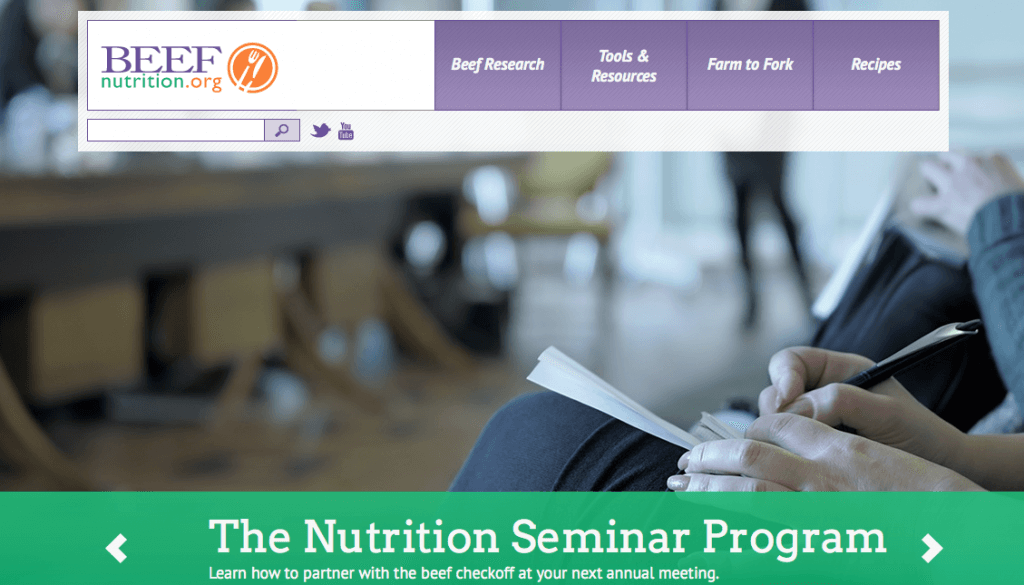
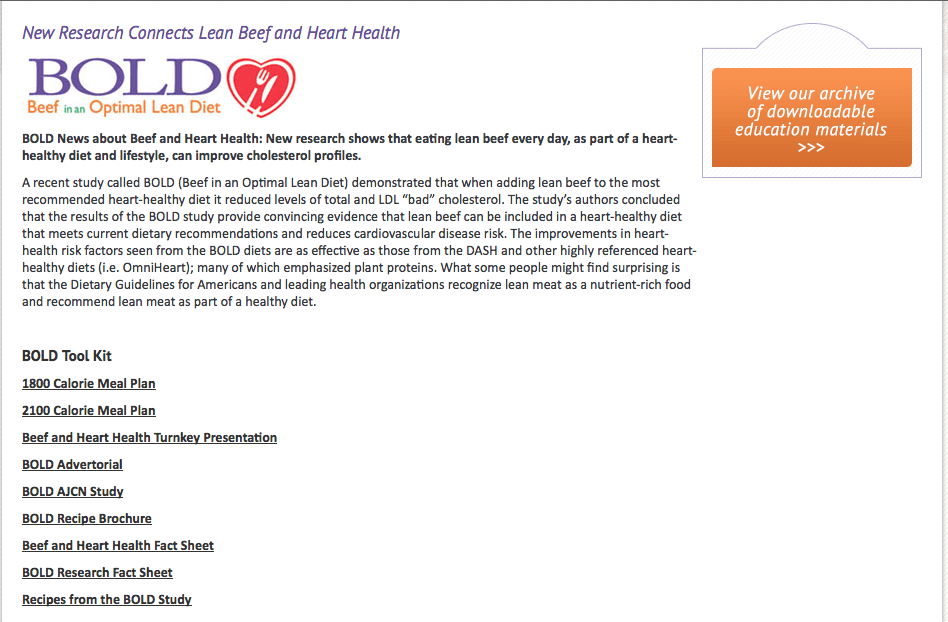
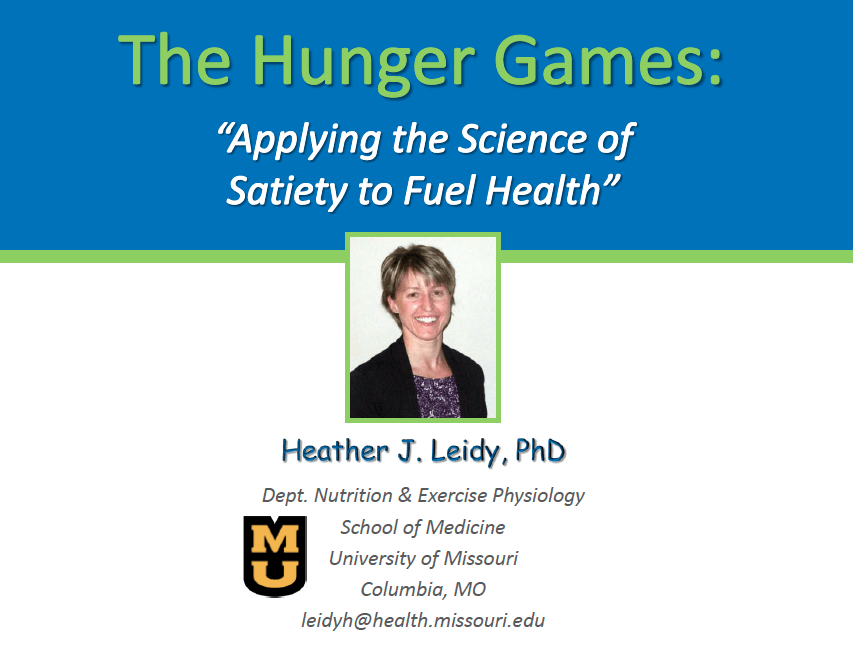
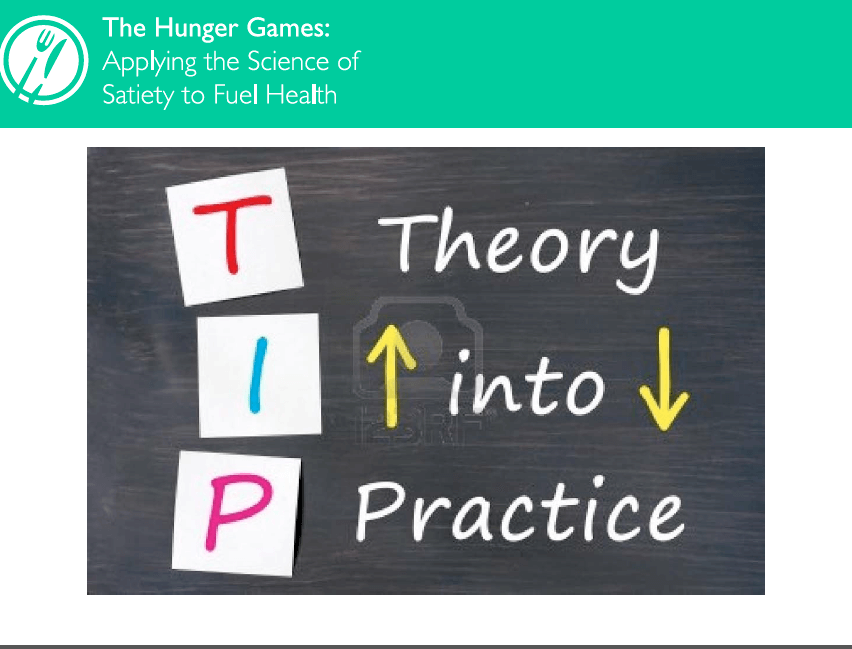
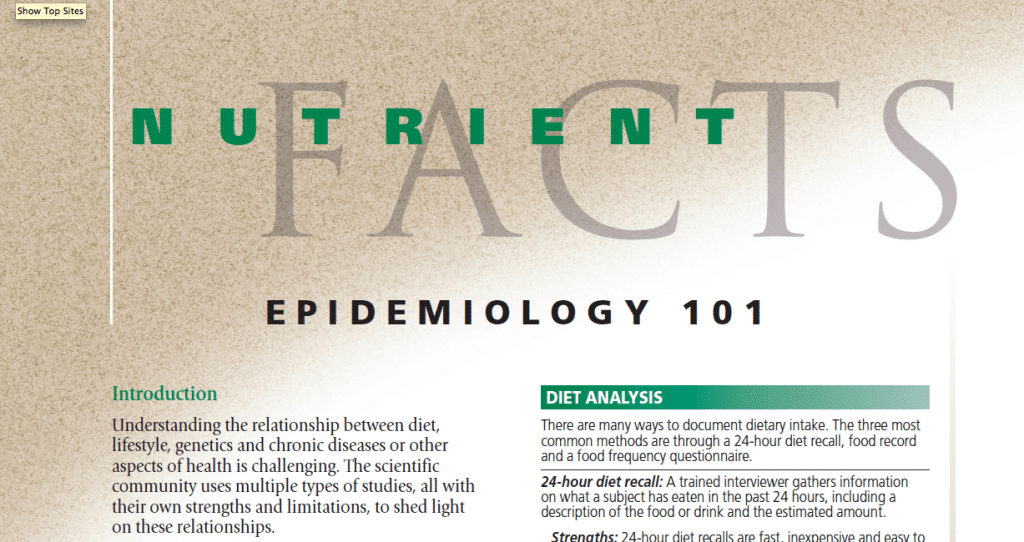
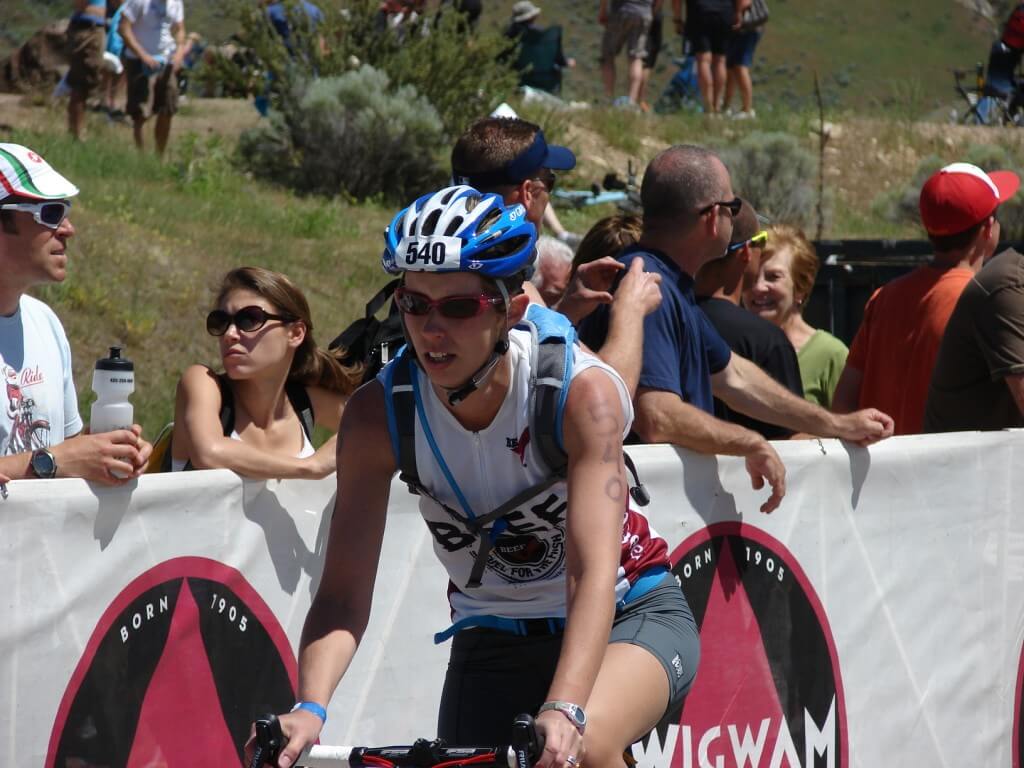
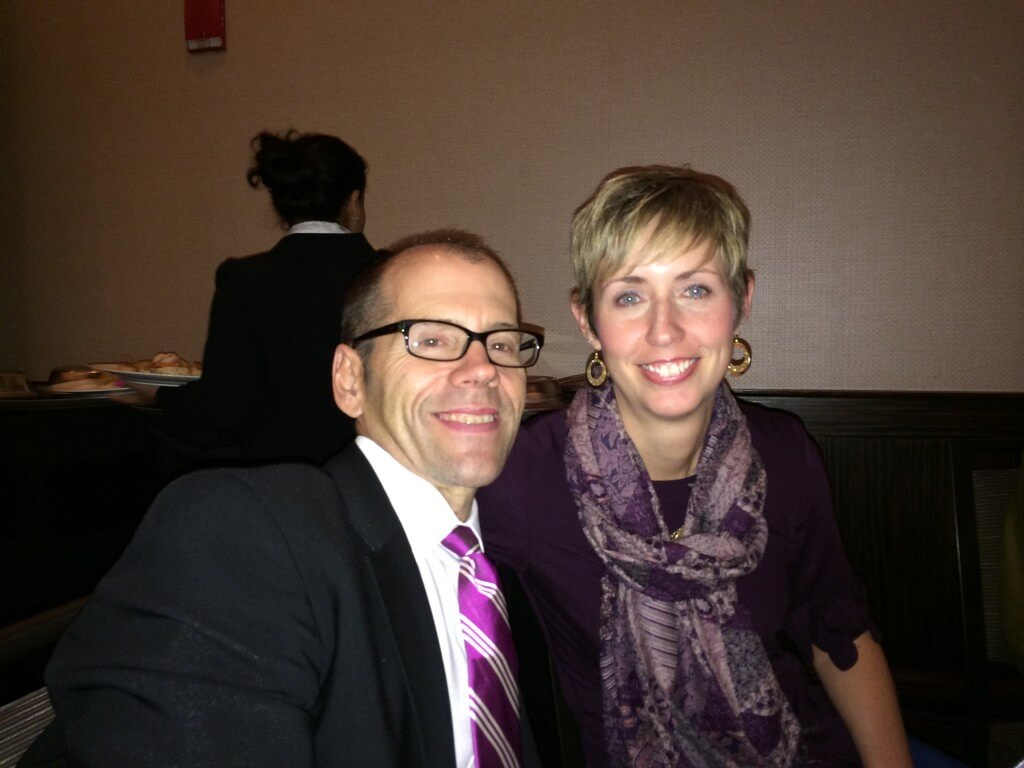





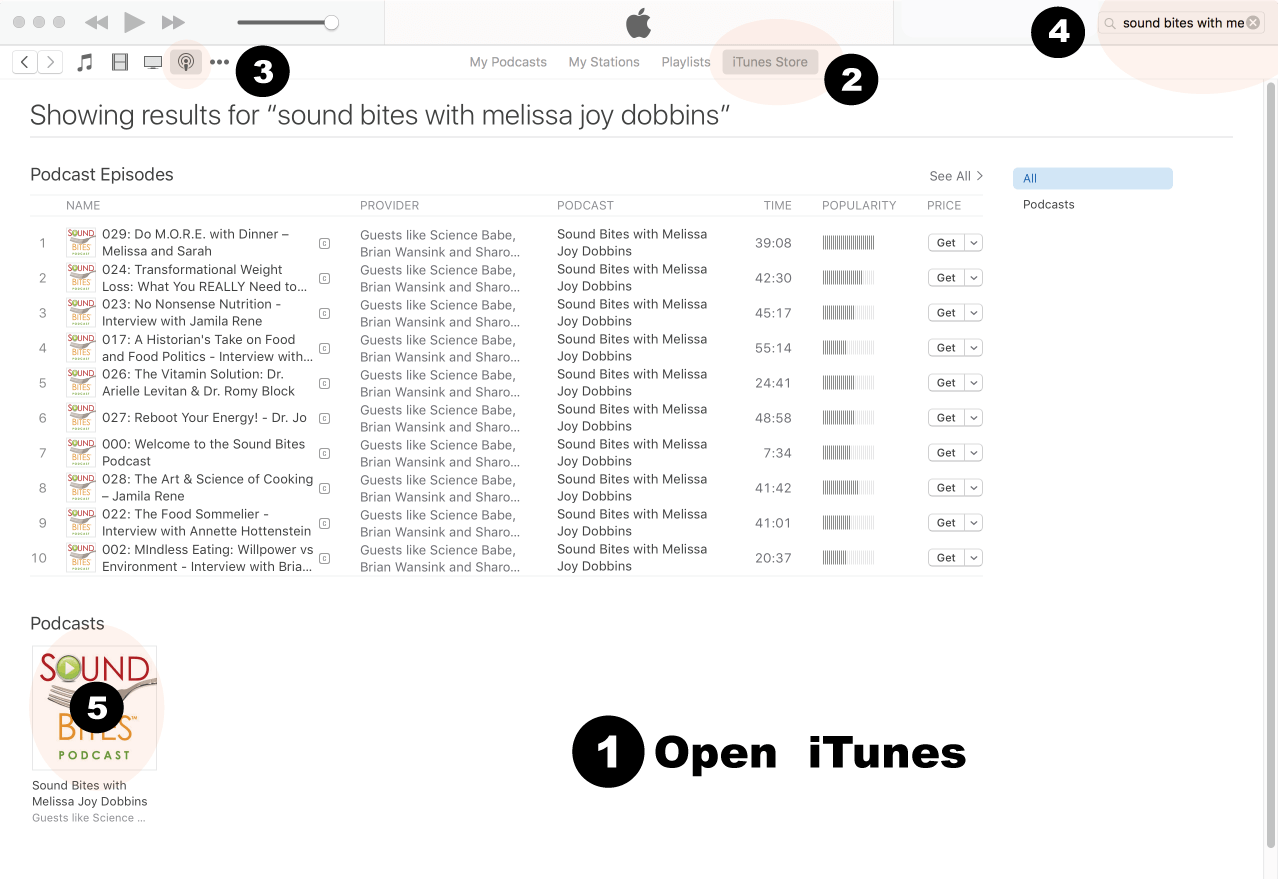
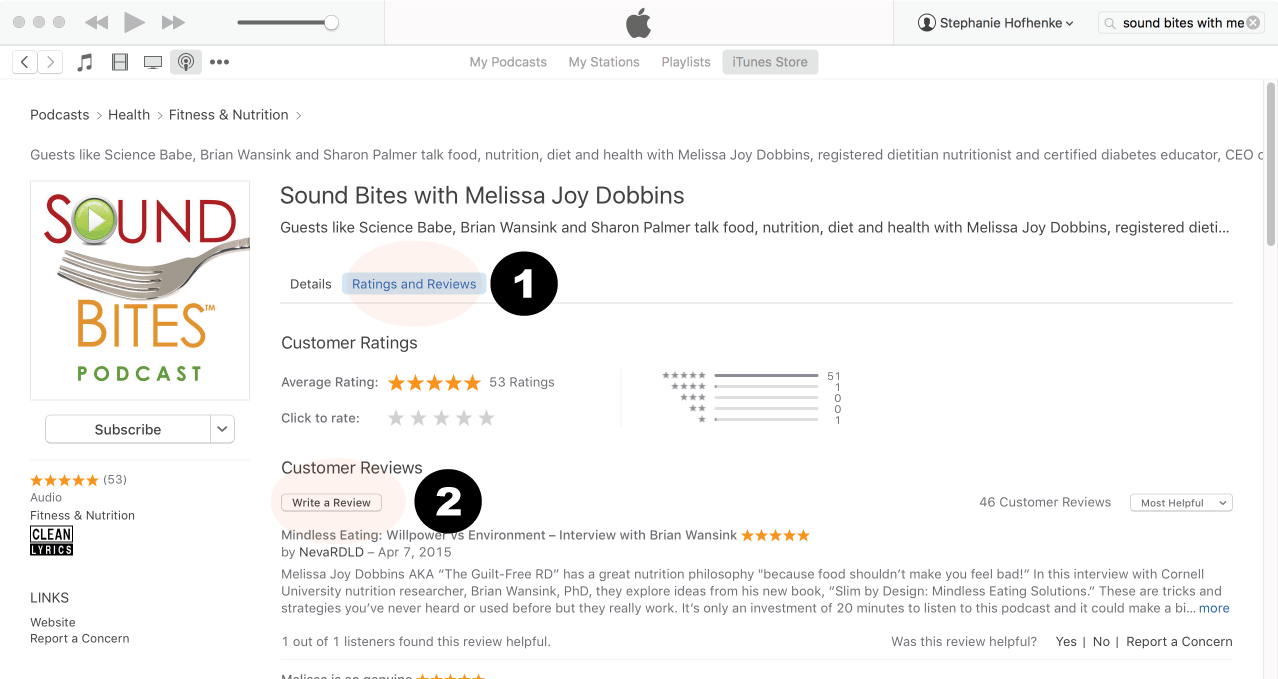
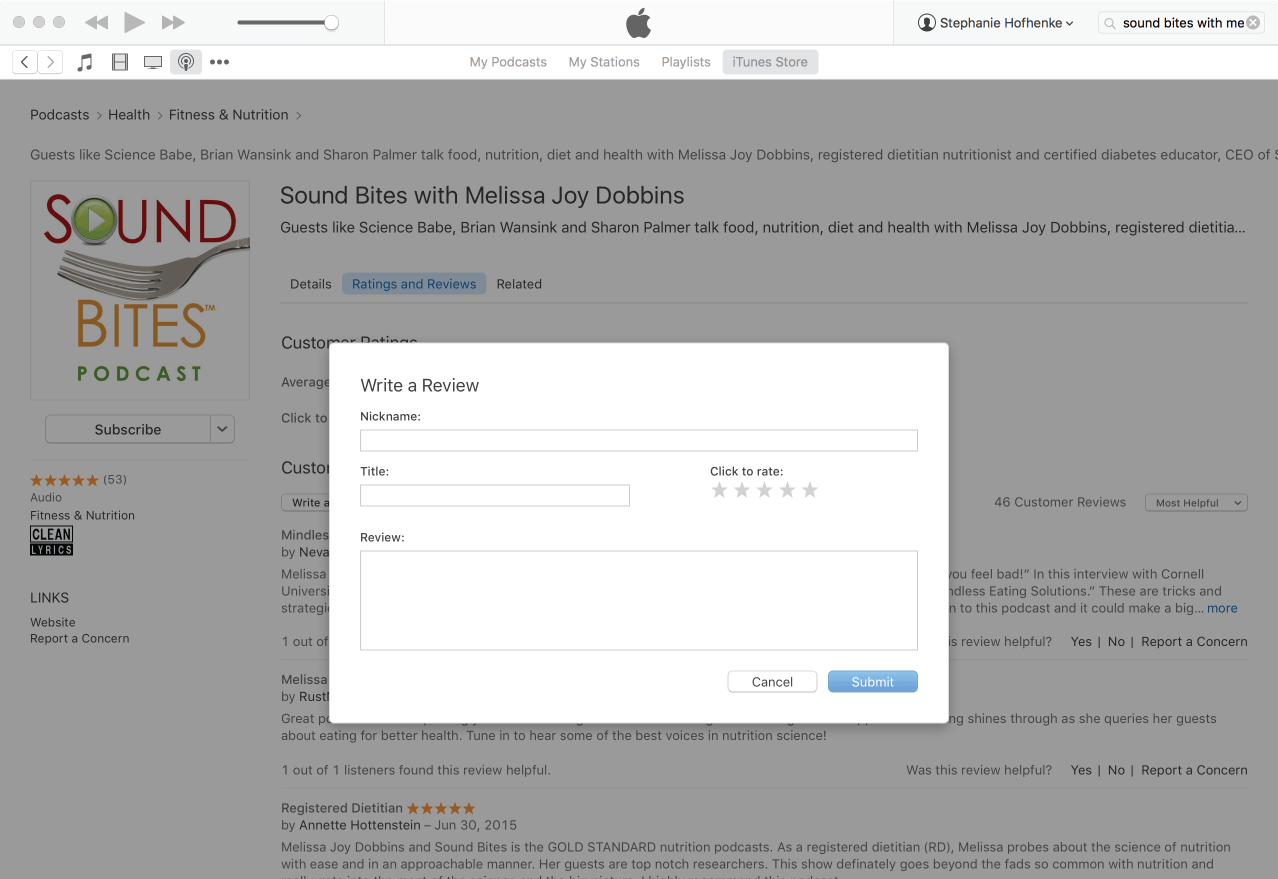







Another great interview with a wonderful RDN! I had the opportunity to meet Shelley in NY last year, and it was a pleasure getting to know her beyond her twitter handle!
Thanks, Jessica!!